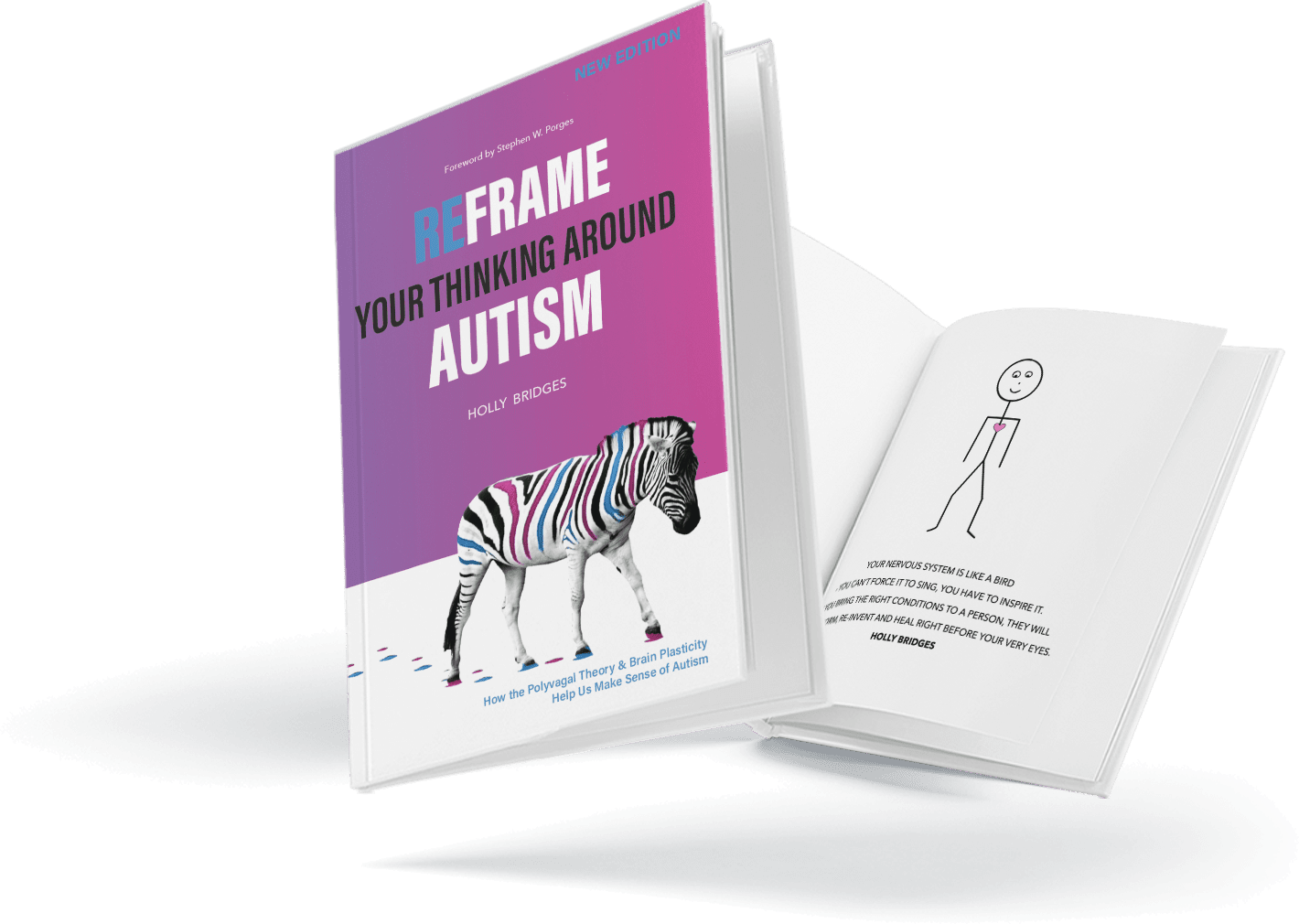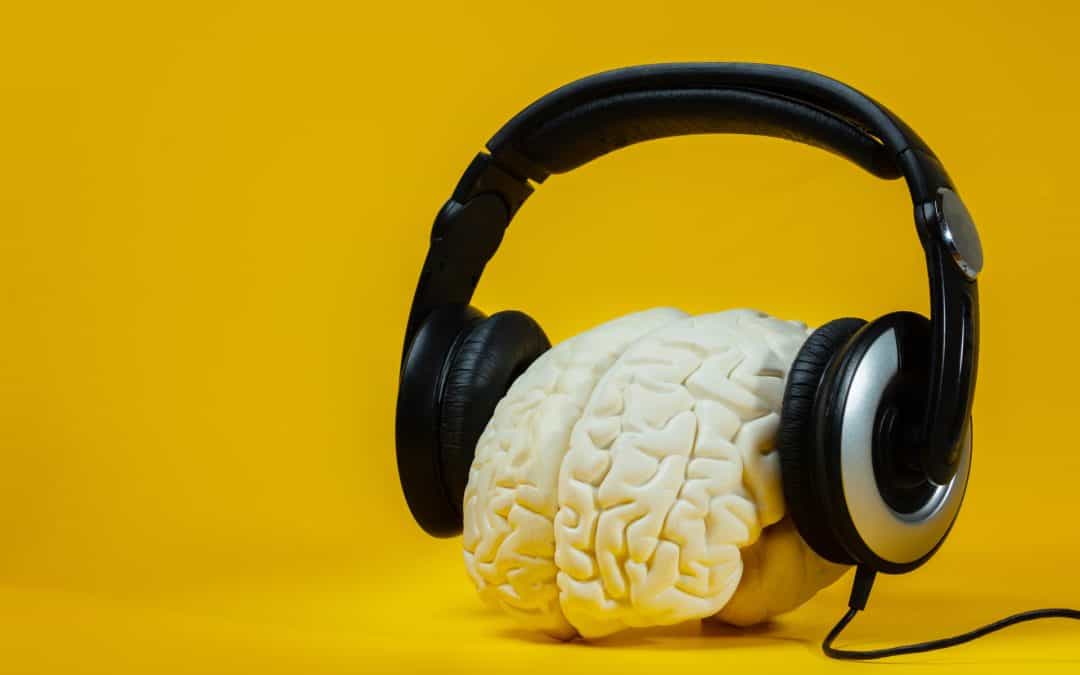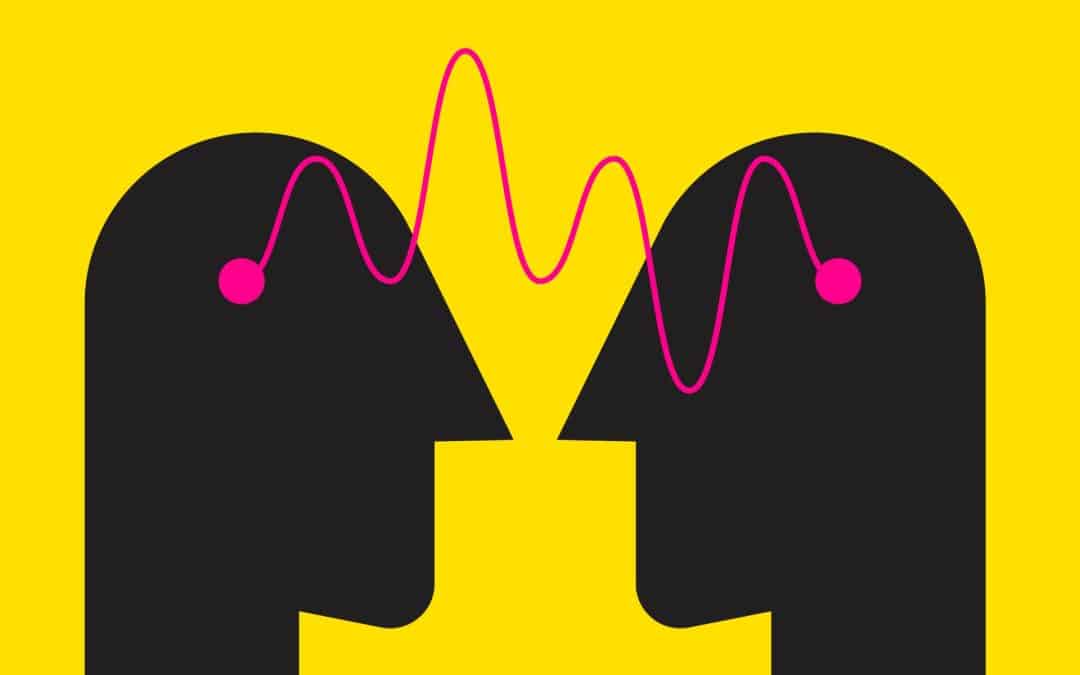Some of my autistic clients with chronic inertia tell me that they have recurring nightmares. They often wake from their sleep in a state of fear and anxiety. It’s weirdly normal for them and often they don’t tell the people in their lives as it is just one more thing they are dealing with. It’s exhausting and it’s debilitating.
Common approaches to dealing with this are psychological. We tend to look at the meaning of dreams as indicators of emotional stress and psychological discomfort. We might apply a CBT approach to manage the anxiety and to help think ourselves cheerful when we wake up and have to initiate our day.
But what if there was another reason for the nightmares? What if there was an entirely different approach to helping them to diminish?
Over the last few years I have watched many of my clients resolve their nightmares without any psychological intervention or dream analysis and it has occurred to me that their physical inertia has a huge role to play in the occurrence of their nightmares.
Think about this. People on the autism spectrum have physical systems that very easily go into a shut-down state, where it is hard to initiate movement, thought and speech. They immobilise. Their system will go from a state of flight / fight to shut-down super fast. Their nervous system is generally not as robust and has not got the strength and flexibility to efficiently mobilise through different states of arousal. When they slide into an immobilised state, it is very hard to move out of it.
So what happens when we sleep? In sleep, we go into a state of immobilisation. Our bodies wind down into a state of blissful, partial paralysis so that we can fully rest and the brain can get to work tidying up the body ready for the following day. We follow sleep patterns. We go through stages of sleep and our bodies follow, taking us into deep states of slumber. When asleep, we are in an alternate state, we dream, and then hopefully we wake up refreshed. Hopefully, we emerge from this deep state knowing who we are, knowing where we are and having an innate knowing that we can mobilise ourselves up and out of bed.
But what would happen if you woke up and found you couldn’t move your body? Would you be alarmed? What if it happened daily and it had been like that most of your life? Would it be a daily terror that you can barely explain to the people who love you? Would the mind be desperately trying to figure a way out of this state, would it try to alert you?
I think this is often a reason for autistic nightmares. The brain is trying to resolve a problem, but it’s not so much a psychological problem as a physical one. You start to wake from sleep and you are part-paralyzed and it is terrifying. The system does not feel safe, it cannot escape.
During the day, people with chronic inertia, speech and movement difficulties, often go down in this immobilised state and they find it very hard to rouse from it. At night, when they have gone into an even deeper state of paralysis, it must be even harder to rouse the body from sleep. Potentially, there is this interim time upon waking, where the body is still paralysed and they have awareness, but can’t can’t move. This is the stuff of nightmares and it is potentially far more common in autism and other inertia oriented issues that we have been aware of. It may also explain why people don’t want to go to sleep!
The good news is that I keep seeing this problem resolve itself. As we work to strengthen the vagus nerve; as we get the system more robust; as people start to have more control over their motor function – they have a greater resilience. They start to sleep better, they feel better and, I think, they start to be able to mobilise themselves out of this deep, sleep state because their nervous system has greater facility and control. One way we see this change reflected, is that their nightmares start to disappear.
To learn more about how the vagus nerve influences our sleep and mental functioning, see my online course





